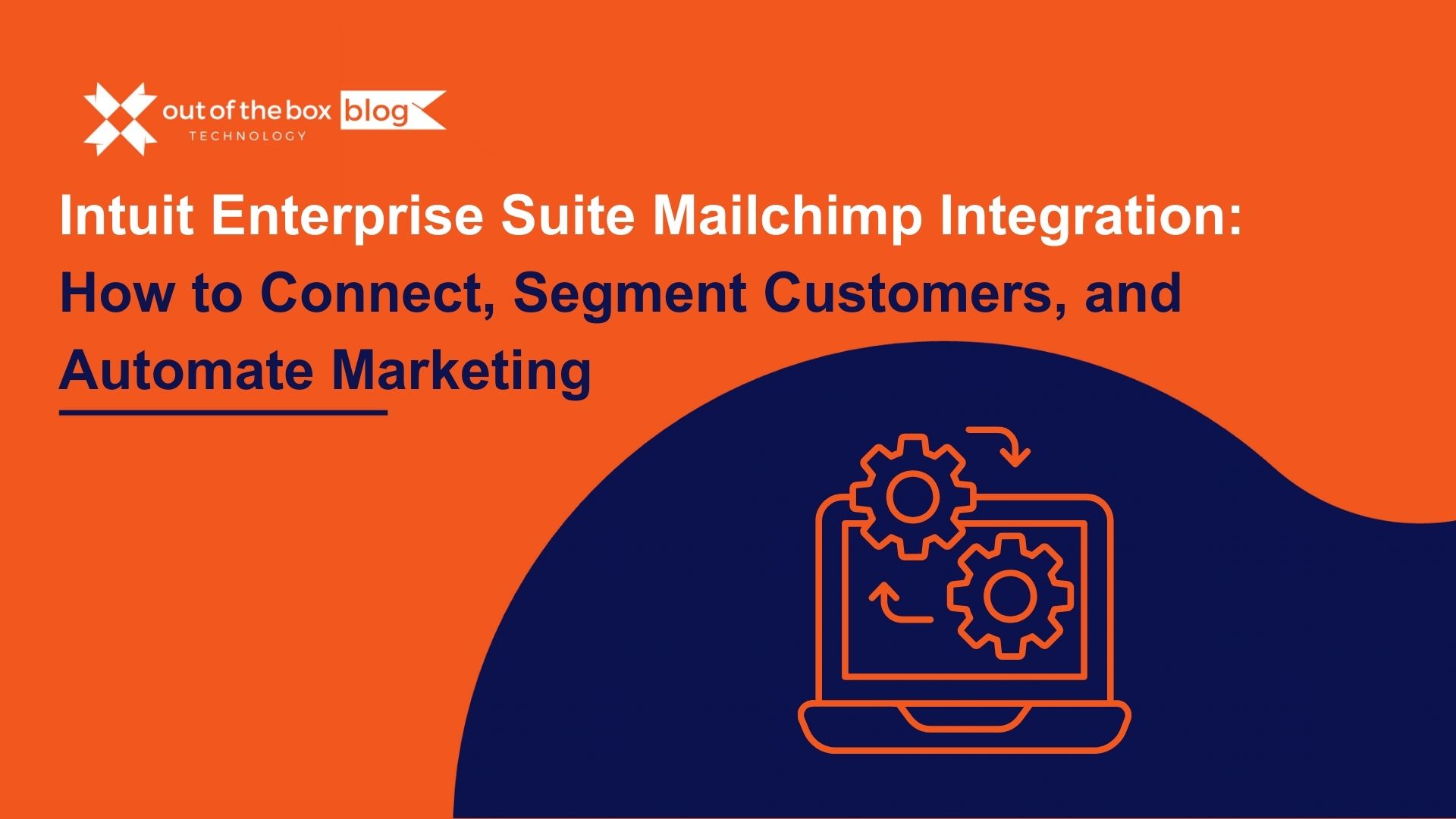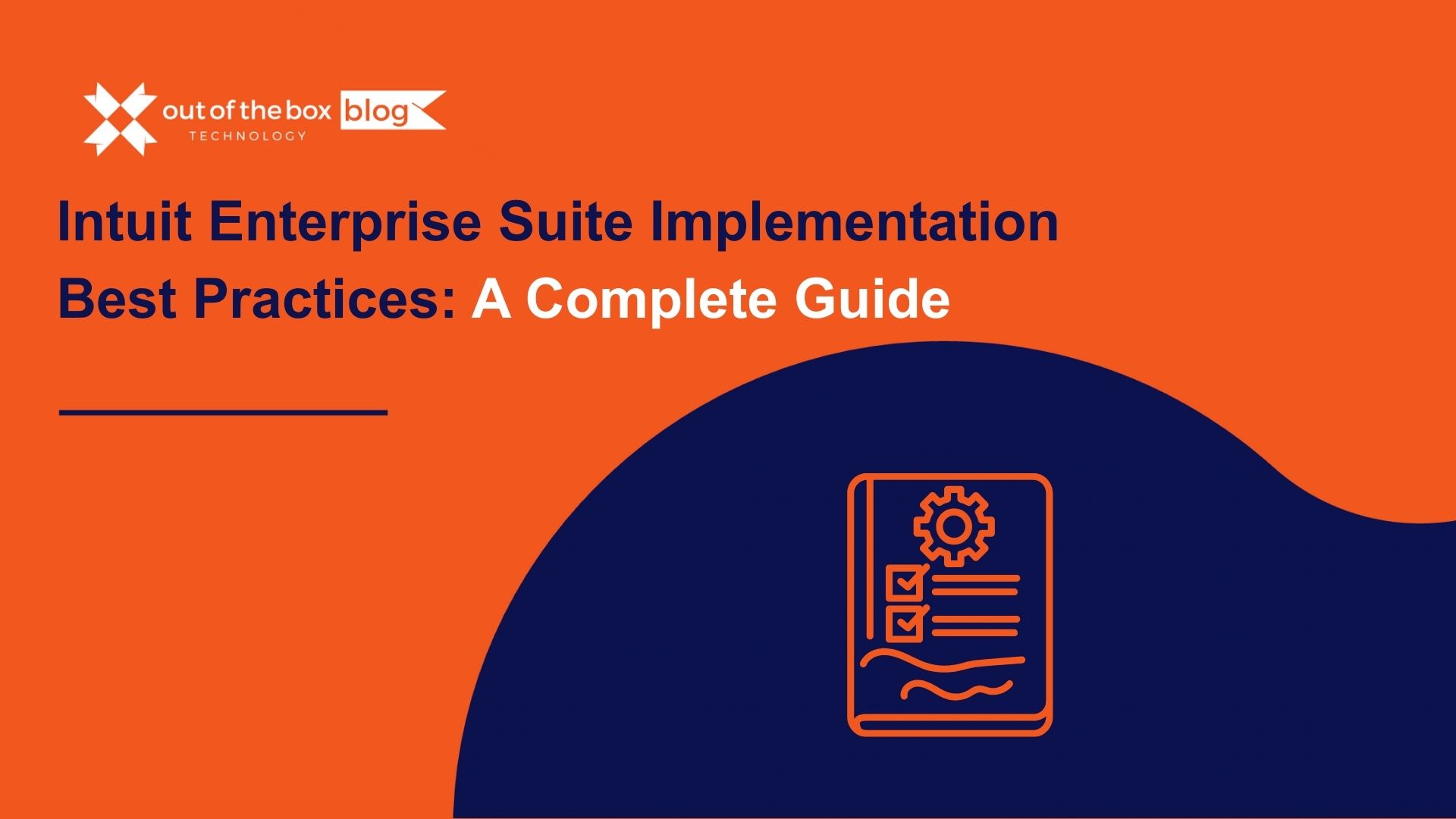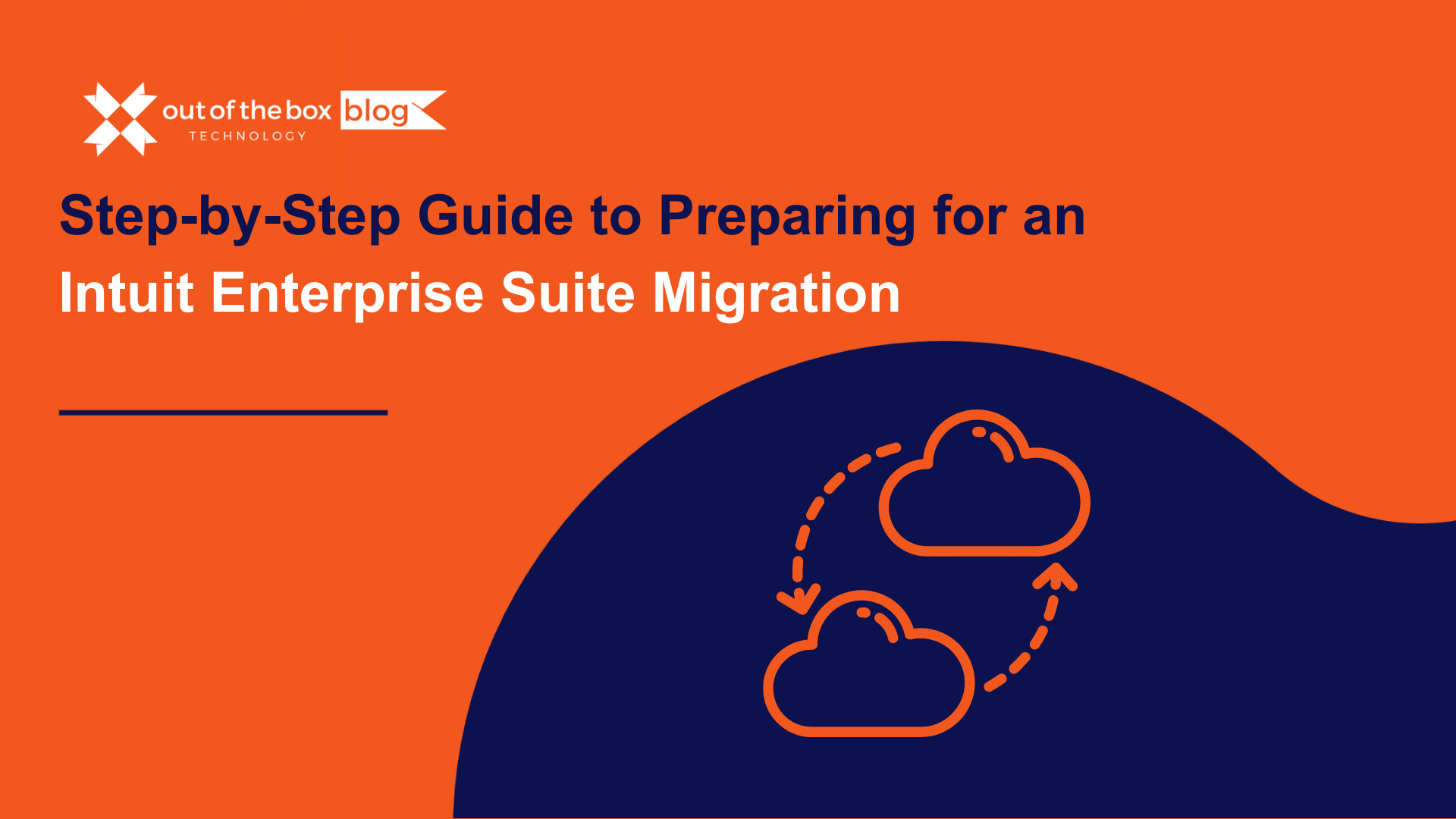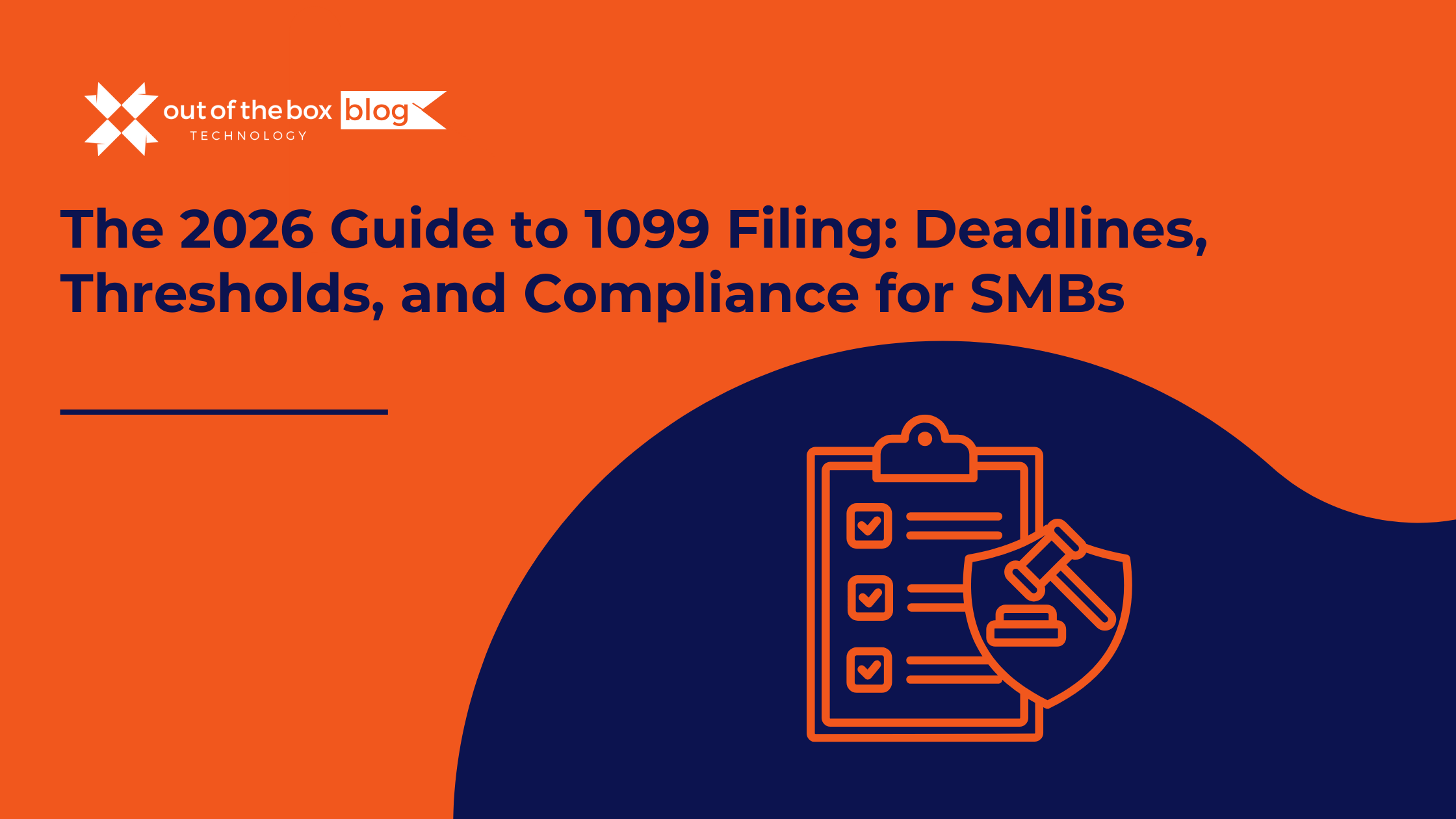In the world of accounting software, QuickBooks has long been a household name. However, with both QuickBooks Online and QuickBooks Desktop available, businesses often find themselves wondering which version is the right fit for their needs. While they both provide robust accounting solutions, each platform has distinct features, benefits, and potential drawbacks. This guide will explore the key differences between QuickBooks Online and Desktop to help you make the right decision for your business.
QuickBooks Overview
What is QuickBooks Online?
QuickBooks Online (QBO) is a cloud-based accounting software solution developed by Intuit. Designed to be accessible from any device with an internet connection, QBO offers flexibility and convenience for businesses that need real-time collaboration, mobile access, and automatic updates.
Key Features of QuickBooks Online:
- Cloud-based access from any device
- Multi-user collaboration (up to 25 users depending on the plan)
- Automatic data backups and updates
- Integration with 750+ third-party apps
- Mobile app support for iOS and Android
- Real-time syncing of data
- Automated invoicing and payment reminders
- Receipt capture using mobile app
Example: A consulting firm with remote employees uses QuickBooks Online to collaborate on accounting tasks in real-time, ensuring seamless workflow regardless of location.
What is QuickBooks Desktop?
QuickBooks Desktop is a locally-installed accounting software that has been a staple in many businesses for decades. It offers powerful features tailored for companies that prefer working on a single desktop computer or a local network.
Key Features of QuickBooks Desktop:
- Local installation on Windows or Mac
- Advanced inventory tracking and reporting
- Industry-specific versions (e.g., Manufacturing, Retail, Contractors)
- One-time purchase or annual subscription
- Ability to handle large files and extensive data
- More advanced job costing and reporting tools
- Batch invoicing for multiple customers
- Enhanced payroll processing (with add-on service)
Example: A construction company that tracks detailed job costs and inventory prefers QuickBooks Desktop for its advanced reporting capabilities and robust local file management.
Now that we have a basic understanding of each version, let’s dive into the key differences.
1. Accessibility and Deployment
QuickBooks Online
- Cloud-Based: QuickBooks Online is hosted on the cloud, making it accessible from any device with an internet connection. This is particularly useful for businesses with remote teams or those who need to work on the go.
- Device Compatibility: QBO works seamlessly on desktops, tablets, and mobile phones.
- No Installation Required: Updates are automatic, and there is no need to install software on your computer.
QuickBooks Desktop
- Local Installation: QuickBooks Desktop must be installed on a specific computer or a local server. This makes it less accessible for remote teams unless additional remote access tools are used.
- Limited Mobility: Because it’s tied to the computer where it’s installed, accessing it remotely can be challenging without third-party applications like Remote Desktop.
- Manual Updates: Software updates need to be installed manually, and you may have to purchase new versions to stay up-to-date.
Winner for Accessibility: QuickBooks Online is the clear winner for businesses that require flexibility, remote access, and real-time collaboration.
2. Pricing and Cost
Cost Considerations:
- QuickBooks Online: Recurring monthly fees may be costlier over time, especially for smaller businesses.
- QuickBooks Desktop: While the one-time purchase option might seem more economical initially, annual subscriptions for Desktop versions can add up.
Winner for Pricing: QuickBooks Desktop can be more cost-effective for businesses that don’t need frequent updates or remote access. However, QBO’s subscription model provides flexibility for scaling businesses.
3. Features and Functionality
QuickBooks Online Features
- Automatic Data Backup: Ensures data is always saved without manual intervention.
- App Integrations: Connects with 750+ apps such as PayPal, Shopify, and Square.
- Real-Time Collaboration: Multiple users can work on the same data simultaneously.
- Bank Feeds: Automatic bank feed syncing to reconcile transactions faster.
- Automated Expense Tracking: Capture and categorize expenses directly from receipts.
Example: A retail business integrates QuickBooks Online with Shopify to automatically sync sales and inventory data.
QuickBooks Desktop Features
- Advanced Inventory Management: Includes features like FIFO inventory costing, barcoding, and lot tracking (Enterprise version).
- Job Costing: Advanced tools for tracking project costs, making it ideal for construction and contracting industries.
- Industry-Specific Solutions: Tailored versions for specific industries (e.g., Manufacturing, Retail, Non-Profit).
- Data File Size: Handles larger data files, making it suitable for businesses with extensive transaction records.
Example: A construction firm uses QuickBooks Desktop Premier to track job-specific expenses, labor, and materials.
Feature Comparison Table:
| Feature | QuickBooks Online | QuickBooks Desktop |
|---|---|---|
| Remote Access | Yes | Limited |
| Multi-User Collaboration | Up to 25 users | Varies (3-40 users depending on plan) |
| Inventory Management | Basic | Advanced (with Enterprise) |
| App Integrations | 750+ third-party apps | Limited |
| Mobile App Support | Yes | Limited |
| Data Backup | Automatic | Manual (unless using hosting service) |
Winner for Features: QuickBooks Desktop wins for advanced inventory, reporting, and industry-specific features. QuickBooks Online excels in real-time collaboration and integrations.
FAQs
1. Can QuickBooks Online handle complex inventory needs?
QuickBooks Online can handle basic inventory tracking. However, for complex inventory needs like lot tracking, FIFO, and barcoding, QuickBooks Desktop Enterprise is a better fit.
2. Is QuickBooks Online suitable for large businesses?
Yes, QuickBooks Online Advanced is designed for larger businesses and supports up to 25 users with advanced reporting, automation, and custom workflows.
3. Can I run payroll with QuickBooks Online?
Yes, QuickBooks Online offers payroll solutions as an add-on. You can automate payroll, file taxes, and manage employee benefits.
4. How often does QuickBooks Online update?
QuickBooks Online updates automatically every 2-3 weeks with new features and security improvements.
5. Does QuickBooks Desktop work on Mac?
Yes, QuickBooks Desktop for Mac is available, but it has fewer features compared to the Windows version.
With these insights, you can better understand which QuickBooks version best suits your business needs.
Simplify Your Bookkeeping Today!
Discover the benefits of outsourcing bookkeeping for your small business. Contact us now to schedule a consultation and take the first step toward financial clarity and success!




